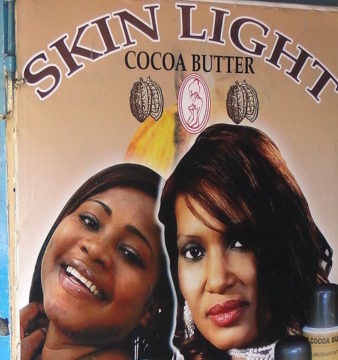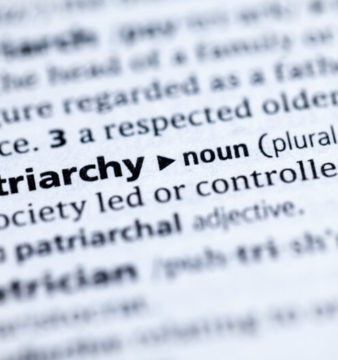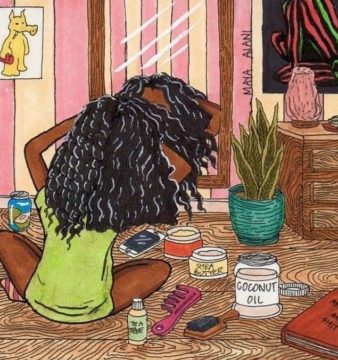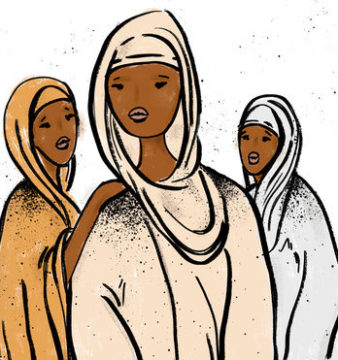Children: the burden of sexual harassment and rape
The socio-economic disasters in Sudan have severe manifestations, one of which is the sinister child abuse and sexual harassment at the forefront since the beginning of 2013.
The last few months have brought shocking moral and criminal offenses to the forefront. News of several cases of sexual harassment and rape of children left many of us confused as to how bad the problem has manifested, to take such a large-scale size and be labelled a phenomenon.
More shocking were the mild punishments handed out to the rapists and harassers, and the evident lack of stringent legal standing on the issue. Child Protection is a science, taught at universities to highlight methodologies of protecting children against violence, abuse, negligence and sexual harassment. Yet, when crime occurs, the Sudanese law seems forgiving. Outrageously forgiving.
Different sources cite various laws, but the most up to date is the Child Law of 2010, where items 45B-45F clearly state sexual harassment, rape or abuse of children are criminal offences. The sentences vary from 15 to 20 years with a fine and the possibility of a death sentence.
Since the environment is a major factor in the equation, we have a gaping hole allowing child abusers to operate freely and (realistically) receive minimal punishment. Child abusers are firmly constructed in Sudanese society; they are family members, teachers and mosque Sheikhs. The manifestation of their psychiatric disorder is fueled by society’s low guard towards awkward behavior and blind trust of the community.
In this research, there was very little blame or mention of the communal structure of Sudanese society. Families often live in the patriarch’s house and extended family is also often sharing this abode. The blind trust we grant our relatives with our children and the struggle for economic sustenance leave a large gap in monitoring and protecting children. This is aggravated by the under-reporting due to – excuse the ridiculousness – shame and stigma associated with raping and/or getting raped. Although, it’s easy to be indignant about the last statement, it’s important to understand the deep rooted patriarchy and social hierarchy in this matter. Furthermore, there is a need to address the question of whether the death sentence is the ultimate alert to all rapists/harassers to oppress their criminal urges or even seek help about their disorder.
Speaking to Mrs. Z (a former teacher and activist for teachers’ rights) I was given a vivid and reasonable explanation to the increase of child rape and harassment in schools in particular. Teachers in public – and even some private schools – make ends meet by teaching at several schools. Thus, a teacher has little time allocated to each school and no time to monitor the students’ activities, nor observe any odd behavior from students and staff. Furthermore, many teachers think administration should bear the biggest responsibility in checking track records of teachers and have a presence in the school to distinguish signs of behavioral abnormality. Mrs. Z sadly noted they were once given ample salaries and even though abusers existed, they were often pointed out, isolated and sacked before they committed any crimes.
The media ruckus and judiciary failure to address the issue properly is accompanied by highly concerned social indignation. A group of concerned citizens and child protection activists prepared a silent protest against child abuse. The protest, held on March 21st 2013, aimed at delivering a memo to the Minister of Justice, and was refused. The protesters wanted to stress on the importance of a fair handling of sexual abuse crimes in the judicial system; and to deliver adequate sentences – calling for the death penalty to be the main sentence. Mothers, fathers, youth and children gathered in front of the Ministry of Justice and were turned away. They then opted to deliver it to the Secretary General of the National Center for Child Welfare. The group vowed to continue shedding light on this atrocity and shameful plague attacking our beloved young ones. They will target neighborhoods and markets to educate the masses about the problem and the judicial solution at hand.
There is also an online campaign to protect Sudan’s children against rape and sexual harassment; it’s a good place to find practical ideas – such as pressuring the judicial system. We continue to face the consequences of the socio-economic disarray in Sudan and child abuse is yet another sinister manifestation alongside poverty, corruption and the ongoing health sector crisis in the country. Educate yourself about your rights as a parent and as a citizen, and help those who don’t have access to information.
You can find more photos by Mariella Furrer on her website
Featured image source: Arrested Development blog






THANK YOU. Very informative and touching. I hope more child protection advocates would emerge and adopt the cause. EDUCATION is key.